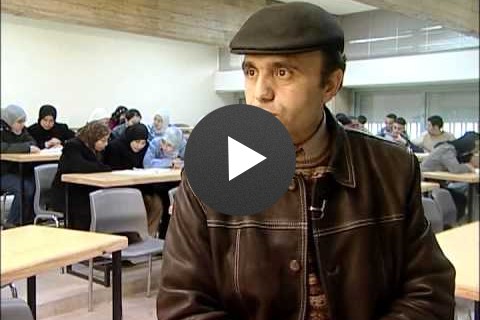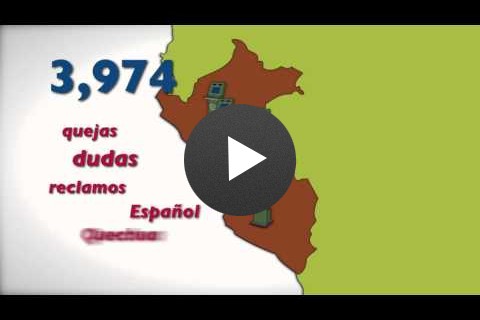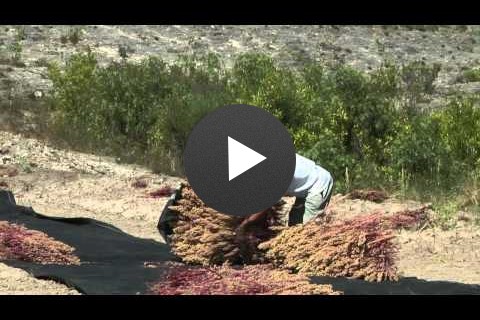Video Transcript
Ninety percent of the world’s malaria infections are found in sub-Saharan Africa. While much progress has been made in defeating malaria in Ethiopia, much of the population remains at risk of contracting this deadly disease. Long-lasting insecticide-treated mosquito nets have proven to be highly effective in preventing malaria. However, in areas of the country where there are no roads, delivering bed nets from the warehouse to the home to reach families living in remote areas is extremely difficult. But in Afar and other regions with hard-to-reach populations, USAID is working together with partners in government and communities to use a simple, locally sourced solution. This camel caravan embarked upon a two-day, 90 kilometer journey to deliver 4,000 long-lasting insecticide-treated bed nets to the Afambo woreda, which is located in the northeastern part of the country near the border of Djibouti. The caravan traveled through desolate desert terrain--and even crocodile-infested waters—to reach families in the remote woreda of Afambo. This was part of a six-week campaign that distributed more than half-a-million bed nets in the Afar region alone, protecting 900,000 people from malaria infection. During the bed net campaign, these camels made additional trips, providing a total of 16,000 nets to families living in Afambo. In Ethiopia, USAID is providing a total of 6 million bed nets this year alone. And now, thanks to camels, families in even the most remote, malaria-prone parts of the country can rest assured they will have mosquito bed nets to protect themselves.









Comment
Make a general inquiry or suggest an improvement.